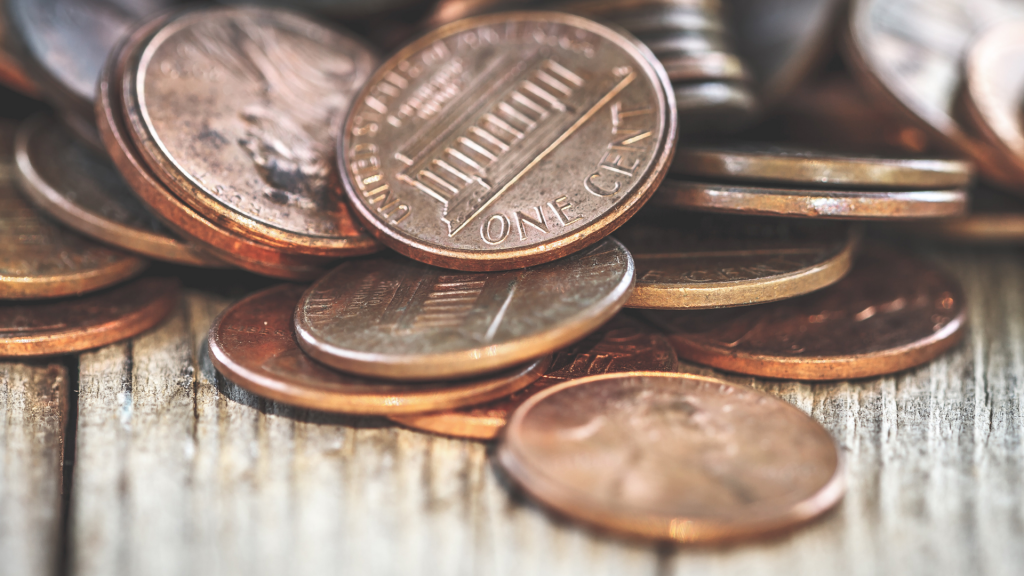Including investing in your spending plan is a big part of long-term success. It's how I've managed to meet goals and design a life I enjoy.
As you create a budget or spending plan, it's important to remember to plan for the long term, including investing. It's easy to overlook setting money aside for investments when you are looking at more immediate concerns related to buying groceries, paying insurance premiums, getting braces for the kids, and paying down debt. Investing can fall by the wayside.
Don't let it. Make sure that your spending plan includes some way to invest your money, putting it to work for you.
You Might Already Be Investing
Perhaps you are already investing. If you are contributing to a retirement account, you are putting money in an investment account that grows over time. Your money works for you, hopefully growing in a manner that is tax-advantaged by giving you a tax deduction now or by growing tax-free so that you don't have to pay taxes when withdrawing it.
Perhaps you can increase your contributions to your retirement account and put the power of compounding interest to work for you even more effectively.
Ready to start investing but don't know HOW to start? Check out my investing guide.
Investing in Your Future
If you aren't already investing, now is a great time to start. Consider what investments you think will best help you accomplish your goals. If possible, start out with a tax-advantaged retirement account. You want to be able to get the most out of your money, and a tax benefit is one of the best ways to accomplish that goal since it allows you to put more of your money to work for you.
You don't need to start with something complex, either. Mutual funds (especially index funds) and ETFs are low-cost investments that are fairly easy to understand and considered a little less risky than some of the other investment options. Funds are usually considered among the best options because they are cost-efficient and take advantage of the fact that, over time, the stock market has yet to lose.
You can also consider investments like stocks and bonds. Others like to include commodities, currencies, and real estate in their portfolios. However, before investing in anything, you should do your investment research and ensure you understand how the investment works and the risks involved.
Budgeting for Investments
As you create your spending plan or budget, make sure to remember to include money for investing. Whether you limit your efforts to a tax-advantaged retirement account or whether you decide to branch out into other investment accounts after maxing out your retirement account contributions, you can make room in your budget to prepare for the future.
Decide how much money you can afford to lock away long-term in an investment account. Look for ways to cut frivolous spending that doesn't match your priorities so that you have more money to put toward your investing goals. You can also consider ways to make more money so that you have extra funds to invest. Some income investments, like dividend stocks or bonds, can help you maximize your money (if you are careful).
Investing can be a good way to build your wealth — especially if you plan to build your wealth for the future. The earlier you start, and the more you can put aside for investing, the better off you'll be. However, you need to make sure you can afford to lose the money and realize that there are risks involved with any investment.
Disclaimer: I am not an investment professional. Nothing in this piece or on this Web site should be construed as investment advice. Before making investment decisions, do your own research and/or consult with an investment professional. All investment comes with the risk of loss. You are responsible for your own investment decisions.



